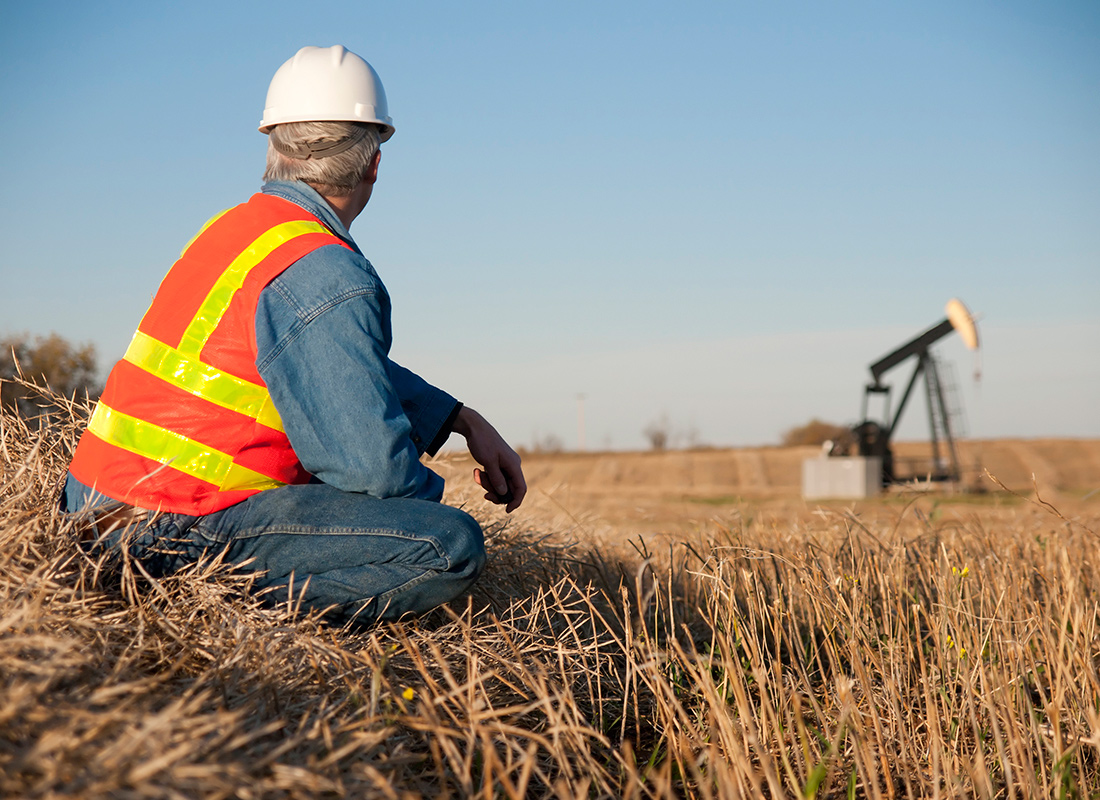All Categories
Featured
Table of Contents
Services Geophysical in East Cannington Oz 2021
This work is increasingly contracted out, so consultancies supply another source of employment. Consultancy companies differ in size, from really little companies to big multinationals. Some consultancies are quite specialised in using particular geophysical strategies or working in specific areas, while others provide a more diverse range of services to their clients.
The extraction of gas from landfill sites is another location of employment and this may grow in the future. Exploration business may undertake work for building firms, water companies, mining companies and environmental firms, so geophysicists might be utilized in any of these settings. Other employers consist of: geological surveysgovernment bodies and agenciesuniversities and research study institutes.


Vacancies may be noted in the oil and gas sector press. Recruitment is impacted by oil cost changes and the level of competition for positions varies depending on this. Professions Days, which cover the full series of geoscience professions and are usually participated in by a variety of crucial industry employers, are run by The Geological Society.
Your Degree In Geophysics in Claremont Oz 2020
Some of the big oil and gas business offer a complete two-year structured training programme across the breadth of geophysics, including the chance to experience operate in various teams before specialising in one location. Your training may consist of work on: existing wellsmagnetic and gravitational possible field data analysisresearchrock analysis. It's more normal for your preliminary training to be supplied on the task.

There may be a probationary duration throughout which you work along with a knowledgeable associate. Competency-based appraisals occur frequently in many companies. In smaller sized companies, and for academic posts, there is not likely to be any formal training - you'll be anticipated to start work straightaway and get abilities as you go along.
If you work for a smaller sized business, you may find that you require to take responsibility for organizing and funding your own advancement and training. If you have a geology degree, subscription of The Geological Society can be useful for networking and for keeping up to date with the industry.
Geophysical Survey: Plotting Buried Traces Of Human Activity in Mt Helena WA 2023
You may likewise find it beneficial to join the PESGB (The Petroleum Exploration Society of Great Britain, which has a geophysics special interest group. After a probationary duration, and when you have actually gained some experience, you might progress to senior geophysicist, then team leader and after that into a senior role in management.
The ease of movement between roles depends on the company structure. Research study at Masters or Ph, D level in a subject associated to geophysics or geosciences might help with your career advancement and development. The work market within the oil and gas industry is really depending on rate and this may impact your opportunities for profession progression.
Nevertheless, not all tasks depend on the oil and gas markets. For knowledgeable geophysicists, freelance consultancy provides a great route for profession development. You can likewise specialise in a particular location of geophysics. As a geophysicist, you're most likely to have a number of tasks throughout your working life. Global movement is crucial for dealing with peaks and troughs in different countries at different times.
Marine Geophysical Surveying - in Hamersley Australia 2023
From geophysics, it's possible to focus on seismology (completing further training to become a seismic interpreter) or to move into related locations such as engineering geology or risk forecast.
Deciding what to study in college is a tough option. Even if you know that your field of interest lies in science, what program of research study is right for you?
The first step to accomplishing your objective of becoming a geophysicist is earning a degree. Even for entry-level positions in the field of geoscience, you'll need a bachelor's degree (a geophysicist college degree) from a recognized college or university. Geophysicists should be able to: evaluate rocks, photos, and other pieces of data conduct research both in the field and in labs create maps and charts of their findings write reports To achieve all this, trainees need a specialized education for geophysicist professions.
As stated above, you'll require a bachelor's degree in geoscience or an associated discipline, such as a physical science or a natural science, to land an entry-level job. Trainees can also prepare by majoring in topics like: Biology Chemistry Computer system science Engineering Mathematics Physics The above geophysicist majors offer a more generalized method to a single clinical discipline, but most programs need trainees to take one or more geology course.
Latest Posts
What Geophysicists Do in Iluka WA 2023
Geophysical Survey Definition in Casaurina Oz 2021
Geology And Geophysics - Careers And Employment in Manning Aus 2022